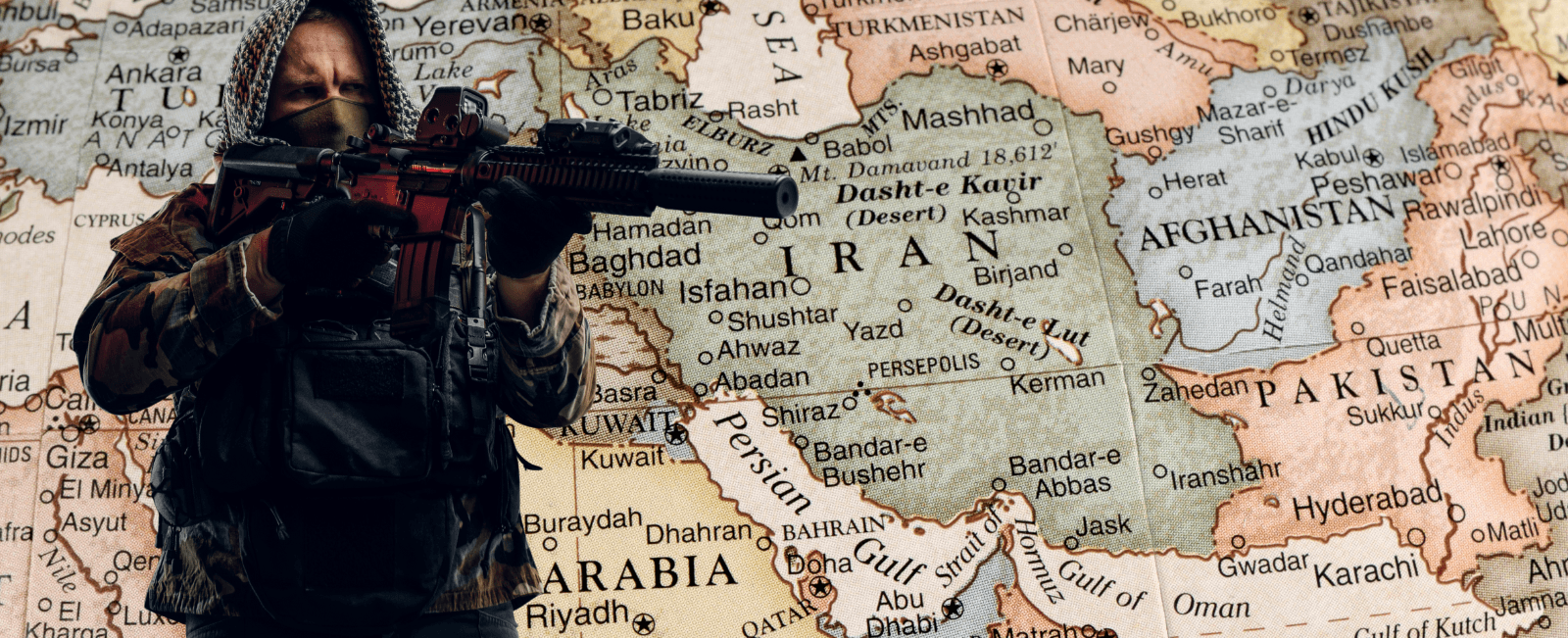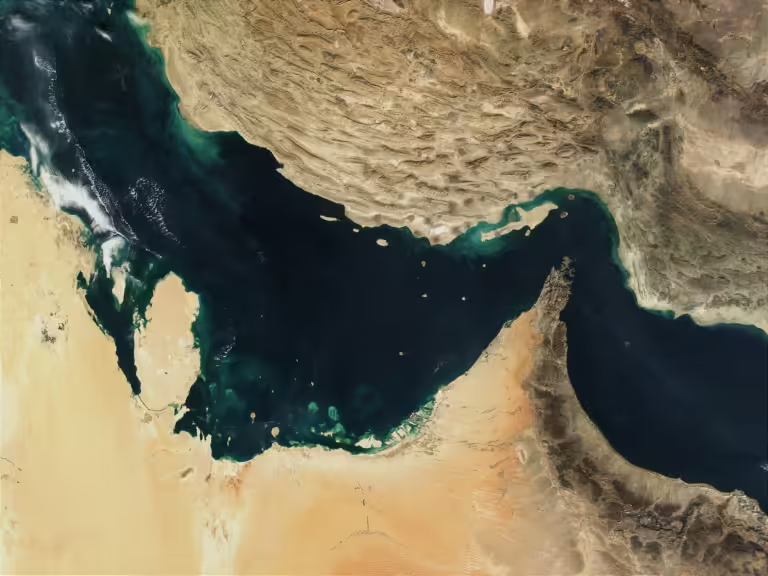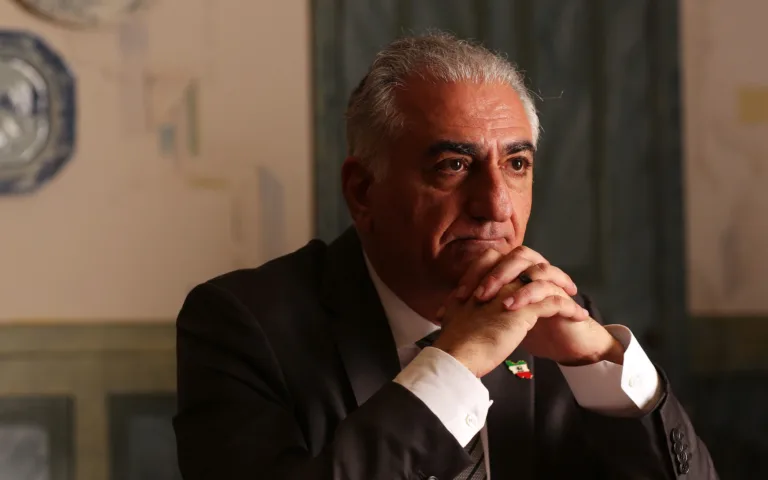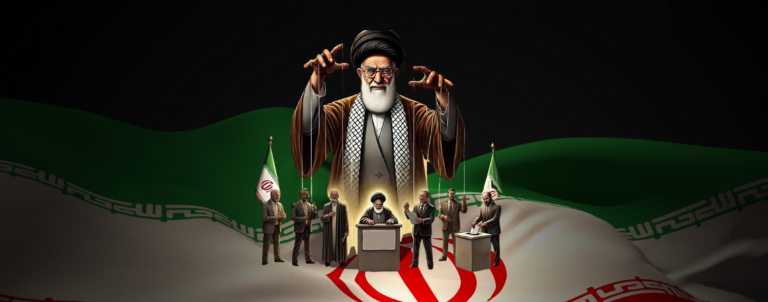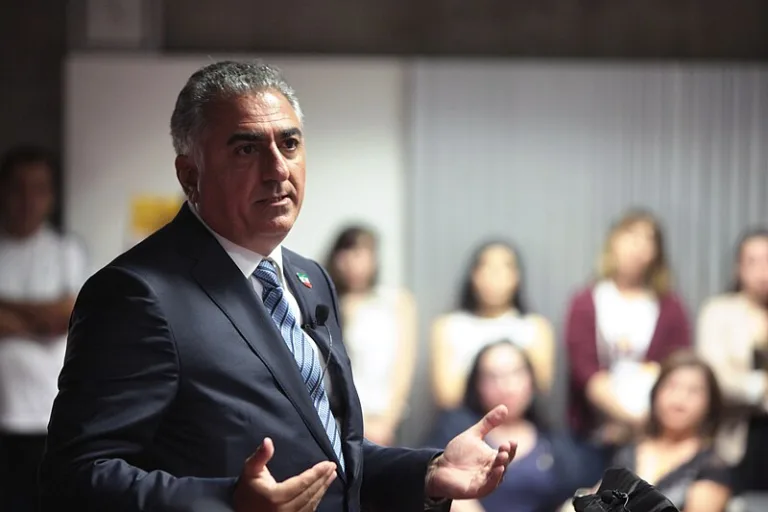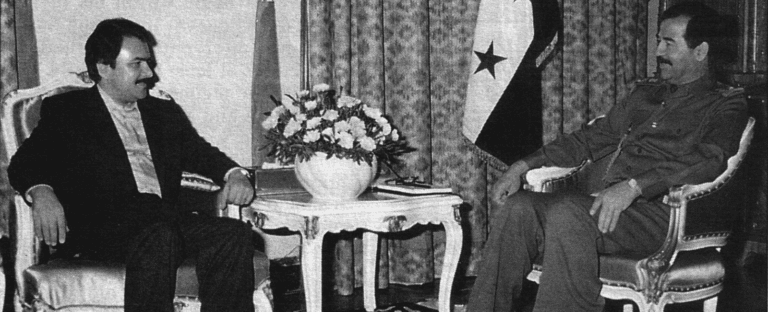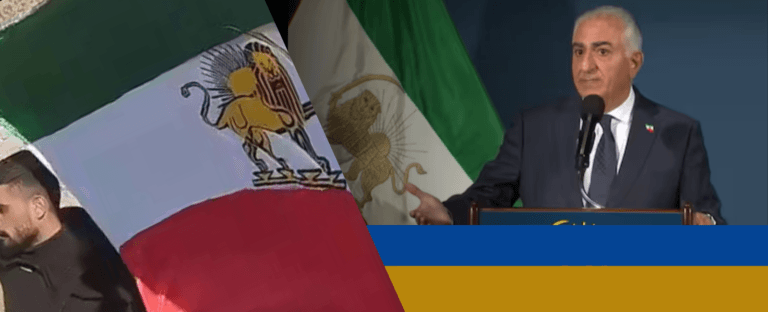The Iranian Opposition and the Question of Separatism
The Iranian opposition is often criticized for refusing to engage with separatist parties, yet this position is both principled and justified. This paper offers a threefold defense of the opposition’s stance. First, territorial integrity is a legal right of the state enshrined in international law—not an individual entitlement—and is essential for sovereignty and stability. In a future democratic Iran, grievances must be addressed through equal citizenship and legal reforms, not through secession. Second, political pluralism does not require the institutional inclusion of separatist movements, especially when such groups promote violence or reject liberal democratic norms. Inclusion of these actors risks destabilizing a nascent democracy and undermining constitutional order. Third, the presence of separatist forces within a transitional government jeopardizes its effectiveness and international recognition, threatening diplomatic legitimacy and national security. As a non-state actor, the Iranian opposition bears no legal obligation to negotiate with separatist factions and is justified in prioritizing national unity and sovereignty in its vision for a post-Islamic Republic Iran.
The opposition to the Islamic Republic regime is sometimes criticized for its refusal to collaborate with separatist political parties. In fact, one of its widely accepted principles is the preservation of the territorial integrity of Iran. This paper provides three reasons why the opposition is not required to collaborate with these parties.
Territorial Integrity: A Matter of the State
The concept of territorial integrity is enshrined in Article 2(4) of the UN Charter, and it protects states from unlawful territorial changes. It is “one of the rights inherent in sovereignty and independence” of states and is considered “sacrosanct” and “inviolable”. A state cannot fully exercise sovereignty if its territory, or part of its territory, is divided or under dispute. Therefore, territorial integrity is fundamentally a legal and political matter of the state—not a right inherent to individuals. It confers upon the state a right ensuring sovereignty over its borders and stability, rather than pertaining to the rights or preferences of its population. While individuals or citizens have the right to express political opinions about territory, only the state has the legal authority to define, alter, or defend its borders. Thus, the state has no obligation to recognize a right to separatism among its citizens.
Sometimes, the state’s right to territorial integrity and the people’s right to self-determination come into conflict, particularly in colonial contexts where the latter could prevail. However, the aim of pursuing an indivisible and democratic Iran is to establish a rule of law grounded in the Universal Declaration of Human Rights, eliminating discrimination and ensuring fundamental rights for all citizens. In such a framework, grievances must be addressed through equal citizenship, legal reforms, and decentralized governance where needed—not through dismemberment of the country. Outside a colonial context—which will not be the case of a future democratic Iran—the principle of self-determination does not automatically confer a right to secession. Within a democratic state, self-determination must be exercised through political participation and within the framework of the state, without challenging its territorial integrity. Legitimate issues and special arrangements must be addressed within the state by invoking applicable state responsibilities, not by pursuing disintegration.
In this context, however, it is essential to underscore that the Iranian opposition to the Islamic Republic regime, while politically active and organized, does not constitute a sovereign state. As such, it does not possess the legal personality nor the obligations and responsibilities of a state under international law. Therefore, state responsibilities—such as negotiating or accommodating separatist claims—if they were to exist, are not applicable to non-state actors. Accordingly, the opposition cannot be held to the same standard as a sovereign government in this regard. Its political stance on maintaining national unity reflects a legitimate strategic choice, not a legal obligation. Until it assumes power, the opposition bears no formal responsibility to engage with separatist parties or to justify its refusal to do so.
Subsequently, for the democratic Iranian opposition in exile, its decisions reflect the priorities it envisions for the future of Iran: stability, peace, security, and the rule of law. Thus, the future state’s right to territorial integrity reasonably prevails over unlawful secessionist ambitions. As scholars have noted, “Territorial integrity is significant to the evolution of the principles associated with the maintenance of international peace and security.” Moreover, secessionist ambitions endanger constitutional order. The opposition has the responsibility of preventing unconstitutional acts.
Therefore, the Iranian opposition is not violating any individual rights, but is in fact exercising its right to ensure Iran’s sovereignty and protect its stability for all individuals living within its borders, regardless of their political beliefs.
Separatist Representation: A Condition for Pluralism?
While political pluralism in advanced democracies requires the inclusion of diverse voices and a fair representation of different groups, the inclusion of separatist representatives in formal political institutions is not a necessary condition for pluralism. Pluralism fundamentally concerns the accommodation and coexistence of social diversity within a political framework—not the endorsement of fragmentation or secessionist agendas. Stable democracies maintain effective pluralistic systems without integrating separatist factions, relying instead on mechanisms such as minority rights protections and the rule of law to manage diversity and uphold equal rights. Moreover, including separatist representatives can polarize or destabilize democratic consensus when their objective fundamentally conflicts with the integrity of the state.
In rare cases, separatist representatives are included in mainstream legislative bodies—but not because of their separatist ideology; rather, in spite of it. Such representatives simply represent regional constituencies and may happen to hold pro-independence views of that region. They are included because they were democratically elected by voters. Moreover, they often belong to non-violent and liberal parties capable of engaging in normal political discourse, making them no immediate threat to national stability. In the case of Iran, however, most separatist parties or movements have a history of violence.
In a post-Islamic Republic context, Iran will face unprecedented challenges. Dealing with secessionist claims advanced by violent and illiberal groups would add unnecessary complications and risks that undermine the state’s interest in maintaining territorial integrity. Academic research in liberal theories of secession highlights the struggle to accommodate the complexities of contested secessions and the tension between democratic pluralism and the practical realities of engaging with violent or anti-democratic separatist movements. This is particularly relevant in the Iranian political context, where secessionist groups are often armed and ideologically opposed to liberal democracy.
Some authors believe in a theory where “a right to secede can be justified only as a remedial right” to address injustices. However, in practice, the implementation of such a right is not that simple:
the case of contested secessions shows that it is highly problematic to make this remedial right to secession an effective one, especially when weak democratic governments have to negotiate with secessionist groups, which are often illiberal and violent, and mixed to oppressed minorities.
This mixture complicates both the legitimacy and feasibility of secession, turning it into a potential security threat rather than a constructive democratic expression.
A post-Islamic Republic Iran will undeniably be in a fragile situation in which its nascent democracy must be protected. While pluralism requires opportunities for diverse political representation and participation, it does not necessitate the inclusion or legitimization of separatist movements as evidence of democratic values—particularly in new and transitioning democracies. Democracy allows, but does not mandate, that an ideology such as separatism be institutionally included.
Separatism: A Threat to the Future Iranian Government
In international law, the determination of a government’s legality pertains primarily to the recognition doctrine of governments by other States, a legal and a political matter. The general and primary criterion for such recognition is the principle of effectiveness, which evaluates a government’s ability to exercise and maintain effective control over its territory or parts of it. While this test is not strictly defined, key indicators include stability and the peaceful display of territorial sovereignty.
The official inclusion of violent or illiberal separatist movements in a transition government—which will already face a multitude of critical challenges—increases existential risks. Introducing the uncertain factor of secessionist participation would further destabilize the transition process and endanger the future state’s unity and legitimacy. If a separatist group does not respect the rule of law or democratic principles, it can trigger political instability, disorder, or even provoke civil conflict, particularly during a fragile political transition. The consequences on stability and peaceful display of territorial sovereignty may undermine the new government’s capacity to demonstrate effective administration and control, thereby risking non-recognition or conditional recognition, which would impair its ability to engage in diplomacy and international agreements. Such recognition is vital not just for symbolic legitimacy but also for access to foreign aid, investments, and regional security alliances.
For these reasons, insisting that the Iranian opposition include separatist parties amounts to demanding that it compromise its own future viability.
Conclusion
While democracy encourages broad representation, it does not mandate the legitimization of political groups that pose an existential threat to the state or its government. Consequently, a responsible opposition and future government that values sovereignty is justified in excluding such actors to preserve national unity, constitutional order, and international legitimacy. The Iranian opposition, in seeking to reclaim a state in a fragile situation and build a stable post-Islamic Republic Iran, is therefore reasonable in asserting that territorial integrity must prevail over the inclusion of those who seek territorial fragmentation.

